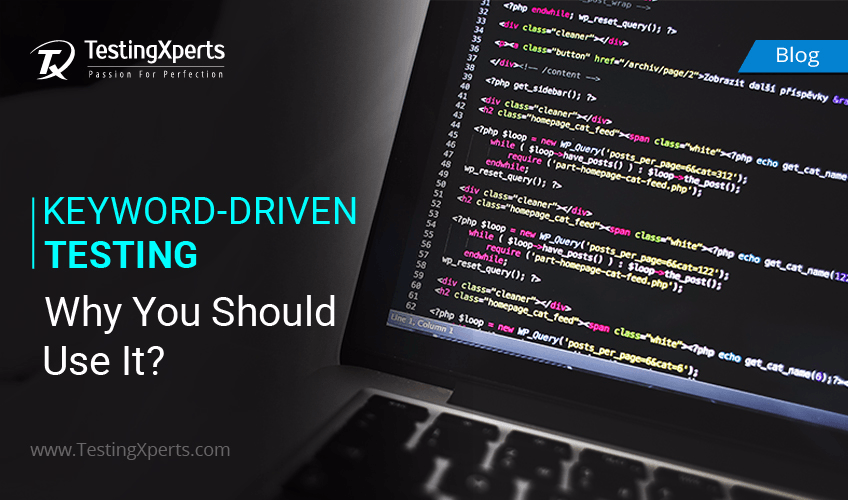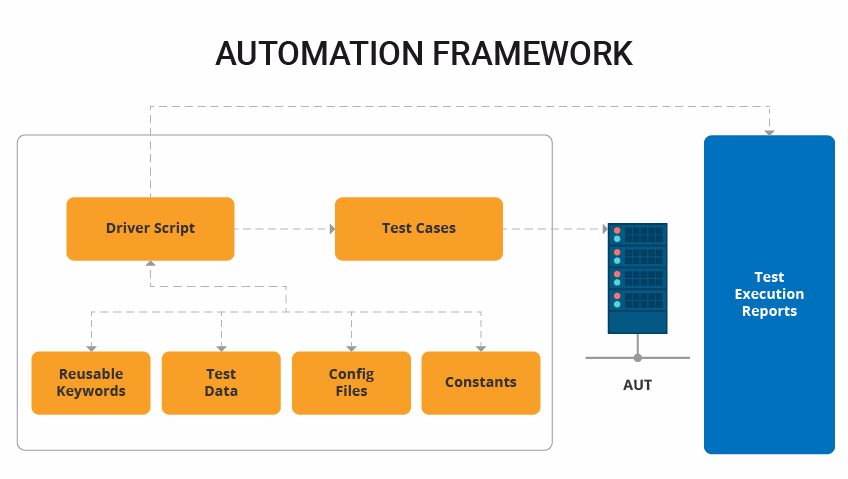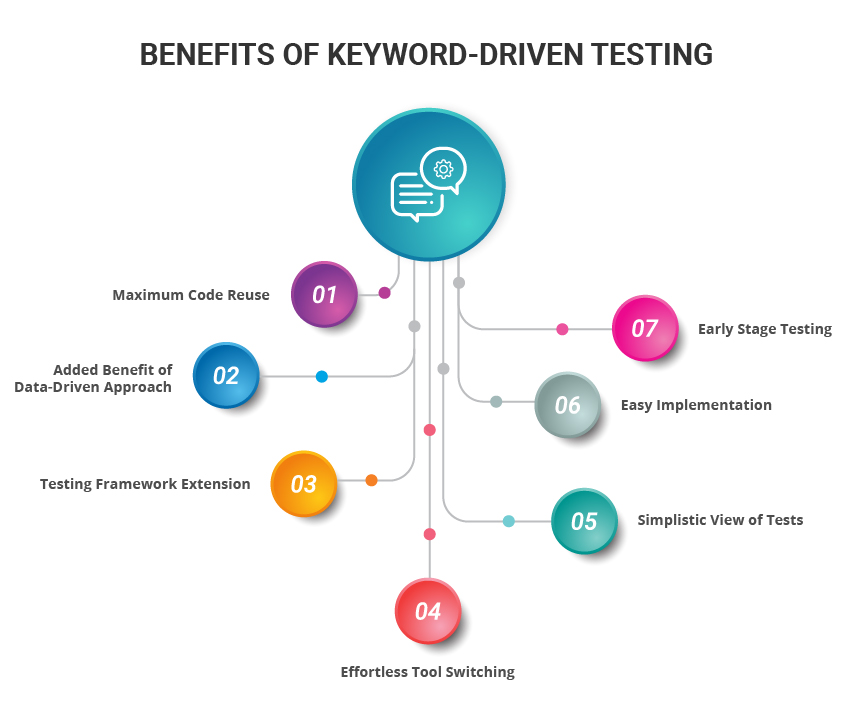Recommended Blogs
Keyword-Driven Testing: Why You Should Use It?

Every software company tests its software or application before releasing it to the end users. Testing for defects is very crucial for a product’s success. This is one such activity that validates a software or application’s performance, functionality, quality, and other important aspects of it. But, as the code base and functionalities added to software/application increase, manual testing alone may become a laborious and time-consuming activity. This is where companies have switched to Test Automation, to improve the efficiency of their product and save time.
Table of Contents:
1. What is Keyword-Driven Testing?
2. How Keyword-Driven Testing Works?
3. Benefits of Keyword-Driven Testing? 4. Conclusion
Automation testing has come a long way in the past few years. Many software companies have improvised their test automation efforts through data-driven approach/testing, also called as keyword-driven test automation.
What is Keyword-Driven Testing?
Keyword-driven testing is a software testing methodology, suitable for both automated or manual testing. It uses a set of keywords or action words to define individual test cases or test actions. For instance, actions like login, click, enter client name and more are pre-defined within the test code using keywords – “commands”. These keywords can be used multiple times within the same test case to maximize test coverage.
Keyword-based testing provides a great level of abstraction that allows testers both experienced and inexperienced, to manage testing in more compatible and versatile ways. The testers use keywords to identify objects and parts of their test scripts. The intention of this type of testing is to make even the less-savvy users to test using keywords without having to write instructions in conventional coding languages.
How Keyword-Driven Testing Works?
Keyword-driven testing is a sequence of operations, recorded in a keyword format. Testers simply drag and drop the relevant keywords to a specific action and perform testing. The keywords guide what actions to be performed on their application or system.

Benefits of Keyword-Driven Testing?

Maximum Code Reuse – Keyword driven testing allows one script to manage the entire implementation process, providing a high-level of re-usability and saves time.
Added Benefit of Data-Driven Approach – Since keyword test automation framework is an extension of data keyword driven testing, it includes the application of data driven methods, i.e., allows its test scripts to read test data from data sources such as CSV files, ADO objects, ODBC sources, etc. rather than hard-coding.
Testing Framework Extension – Any addition of new operations or modification of existing operations into the system can be easily made.
Effortless Tool Switching – If it is necessary to switch from one automation tool to another, you will have to converse with a minimum of code as the keyword-driven testing framework comes with test cases that will remain almost in the same form.
Simplistic View of Tests – This testing records all the operations in the form of a spreadsheet or other preferred format, hence, allowing users to take a glimpse of operations at once with easy view option.
Easy Implementation – Creating keyword driven tests are much easier and faster than writing test scripts. Unlike scripts, this testing doesn’t require testers to have a detailed knowledge of scripting languages. Hence, even an inexperienced tester can implement test using keyword-driven testing.
Early Stage Testing – With keyword driven testing, you can test an application or system at every step and run functional tests during the early stages of development. This will increase the overall automated testing success rate as well as reduce testing costs.
Conclusion
Leverage TestingXperts’ years of experience in developing keyword-driven frameworks for client projects across various domains and delivering test automation solutions through keyword-driven testing. Contact us today to explore our QA and keyword-driven testing solutions that help you accelerate your application testing.
FAQs
Keyword-driven testing is an approach to software testing that separates test case design from execution.
Any addition of new operations or modification of existing operations into the system can be easily made.
Discover more
